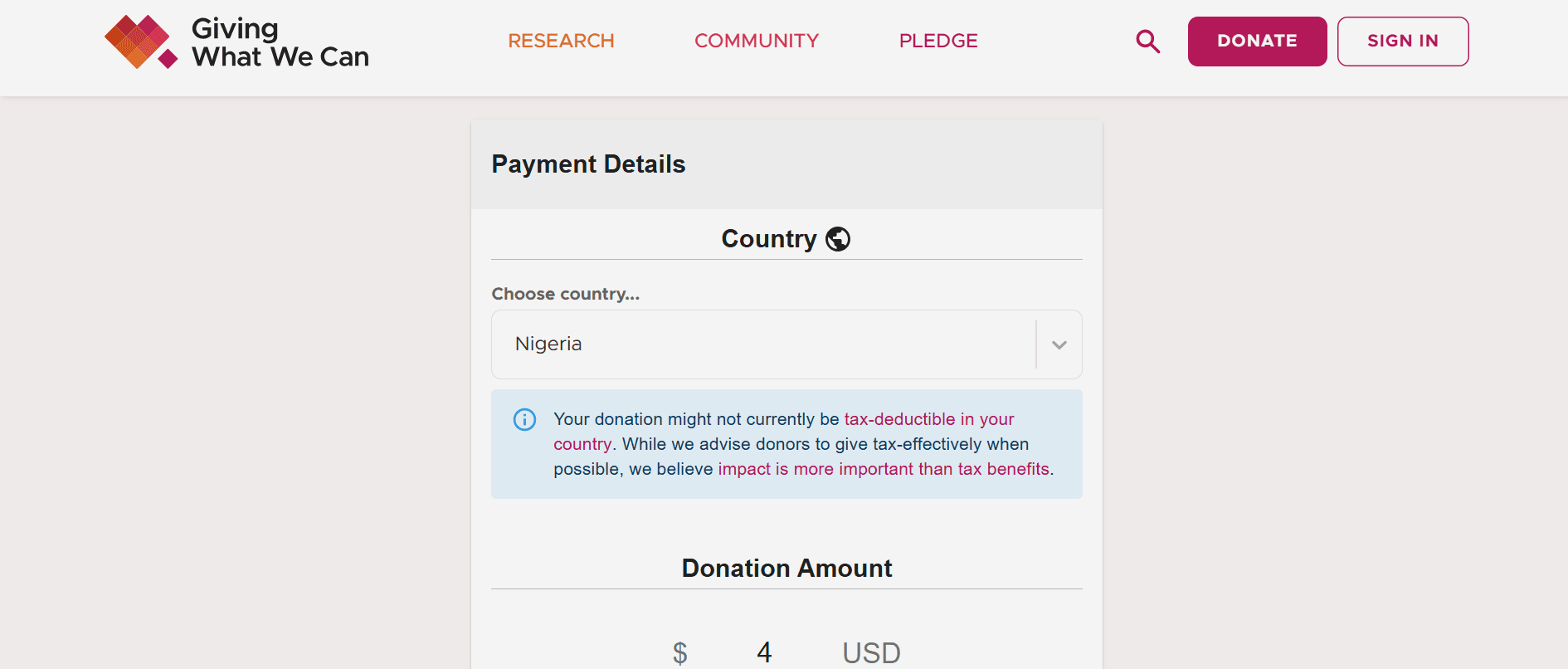tldr: A team and I prototyped an app for a hackathon to recommend EA projects based off skillsets.
I've noticed that there is quite a lot of people in EA interested in solving the problem of allocating people to effective projects. Whether that be jobs, independent research or other things. Now I know you can't just code an app that solves all your problems, but...
We coded an app that solves all your problems.
The proof of concept is that you put in your skills and past jobs, and the app attempts to find projects from the EA community that both need more people and you have the skills for to fit the talent gap. It's an idea that could be a step in the right direction for directing people towards impactful projects, even if that isn't a job. Currently the dataset it is a mock one. But I believe it represents an interesting proof of concept.
The project is meant to continue from ideas from the past such as:
- EA Colab project board
- A central directory of open research questions
- An inducement prize platform
- LessWrong's bounties for research projects
I believe that this application, or an application like it, could help improve the EA research pipeline, and supplement efforts that direct people in the EA community to important opportunities (such as 1-on-1 career counseling by 80,000 hours).
If you'd think this type of application valuable, I'd love to see if we could make it a reality.




Possible bug report: I tried to use the application but got 0% responses across the board after adding my experience and skills. I didn't see any kind of "submit" button.
This is currently just a prototype, with many many bugs. I've actually joined the team and EA CoLabs. Which is a proper application of the concepts here.